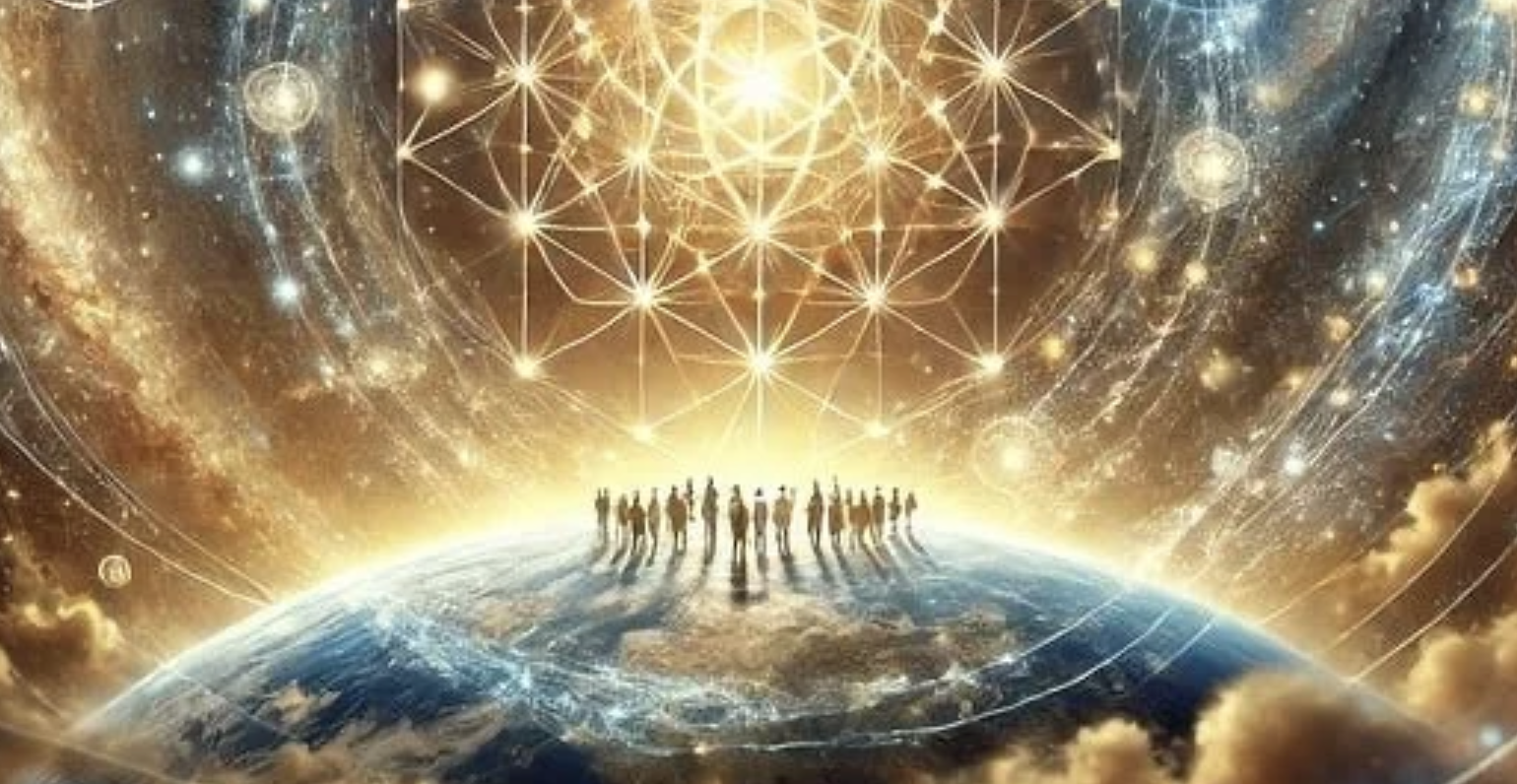Scholars compare South Asian views on the ‘Journey’
June 27, 2013

By Nikki Lanka
The Chautauquan Daily
June 27, 2013
http://chqdaily.com/2013/06/27/scholars-compare-south-asian-views-on-the-journey/
Some Buddhists use the metaphor that all life forms are like waves in the ocean; they aren’t separate, but rather distinct parts of a whole.
“That might be a beautiful 10-foot wave in Hawaii or a little dinky wave on Cape Cod,” said Christopher Ives, professor and chair of religious studies at Stonehill College.
No matter how grand or minute, all life is connected. Ives will speak about this connectivity at 2 p.m. today in the Hall of Philosophy, alongside David Haberman and Christopher Chapple. Haberman and Chapple will speak about Hinduism and Jainism, respectively. All three speakers will compare their studies to Mary Evelyn Tucker’s “Journey of the Universe,” all with an emphasis on connectivity.
A core doctrine of Buddhism is impermanence. Life is the sum of multiple inputs, connected to DNA and relationships, Ives said. Humans are not birthed without prior existence.
This gives a more ecological view of the universe, he said, because the universe is not separate from human life.
“Rather than saying I was born in 1954, and I’ve been doing my thing ever since, and secondarily entering into relationships,” Ives said, “it’s, since 1954, this energy field called the universe has been doing its thing in this one form that we can conveniently label Chris Ives.”
Hindus believe in that interconnectivity as well. David Haberman, religious studies professor at Indiana University Bloomington, finds affinities between Hinduism and the “Journey of the Universe” discourse, both of which connect all life together. Haberman suggested that losing sight of that connectivity can damage humankind.
“It is not knowledge of a world that is ‘out there,’ ” he said, “because we’re all part of it.”
“We begin to treat the ‘other than human’ world basically either as a warehouse for goods to serve human purposes or as a sewer to take care of all our waste,” Haverman said. “And I think we’re understanding now that there is no ‘away’ to throw it all away to.”
Jains see a similar blend of life in all existence. Christopher Chapple, professor of Indic and comparative theology at Loyola Marymount University, will explain the Jain perspective at today’s lecture.
Jains believe all existence is infused with life, focusing on nonviolence and purification of the soul.
“Unlike ‘Journey of the Universe,’ it’s said in Jainism that things have always been here and they always will be here,” Chapple said. “Whereas in ‘Journey,’ there’s actually a starting point of the Big Bang.”
But while the perspectives may not line up, a narrative of empathy and self-awareness does.
“You see all these animals, all these human beings share in their participation,” Chapple said. “It generates a feeling of gentleness, and generates a commitment to a way of life. It fosters a sense of care, a sensibility of care in day-to-day life.”
By Nikki Lanka
The Chautauquan Daily
June 27, 2013
http://chqdaily.com/2013/06/27/scholars-compare-south-asian-views-on-the-journey/
Some Buddhists use the metaphor that all life forms are like waves in the ocean; they aren’t separate, but rather distinct parts of a whole.
“That might be a beautiful 10-foot wave in Hawaii or a little dinky wave on Cape Cod,” said Christopher Ives, professor and chair of religious studies at Stonehill College.
No matter how grand or minute, all life is connected. Ives will speak about this connectivity at 2 p.m. today in the Hall of Philosophy, alongside David Haberman and Christopher Chapple. Haberman and Chapple will speak about Hinduism and Jainism, respectively. All three speakers will compare their studies to Mary Evelyn Tucker’s “Journey of the Universe,” all with an emphasis on connectivity.
A core doctrine of Buddhism is impermanence. Life is the sum of multiple inputs, connected to DNA and relationships, Ives said. Humans are not birthed without prior existence.
This gives a more ecological view of the universe, he said, because the universe is not separate from human life.
“Rather than saying I was born in 1954, and I’ve been doing my thing ever since, and secondarily entering into relationships,” Ives said, “it’s, since 1954, this energy field called the universe has been doing its thing in this one form that we can conveniently label Chris Ives.”
Hindus believe in that interconnectivity as well. David Haberman, religious studies professor at Indiana University Bloomington, finds affinities between Hinduism and the “Journey of the Universe” discourse, both of which connect all life together. Haberman suggested that losing sight of that connectivity can damage humankind.
“It is not knowledge of a world that is ‘out there,’ ” he said, “because we’re all part of it.”
“We begin to treat the ‘other than human’ world basically either as a warehouse for goods to serve human purposes or as a sewer to take care of all our waste,” Haverman said. “And I think we’re understanding now that there is no ‘away’ to throw it all away to.”
Jains see a similar blend of life in all existence. Christopher Chapple, professor of Indic and comparative theology at Loyola Marymount University, will explain the Jain perspective at today’s lecture.
Jains believe all existence is infused with life, focusing on nonviolence and purification of the soul.
“Unlike ‘Journey of the Universe,’ it’s said in Jainism that things have always been here and they always will be here,” Chapple said. “Whereas in ‘Journey,’ there’s actually a starting point of the Big Bang.”
But while the perspectives may not line up, a narrative of empathy and self-awareness does.
“You see all these animals, all these human beings share in their participation,” Chapple said. “It generates a feeling of gentleness, and generates a commitment to a way of life. It fosters a sense of care, a sensibility of care in day-to-day life.”








.svg)
